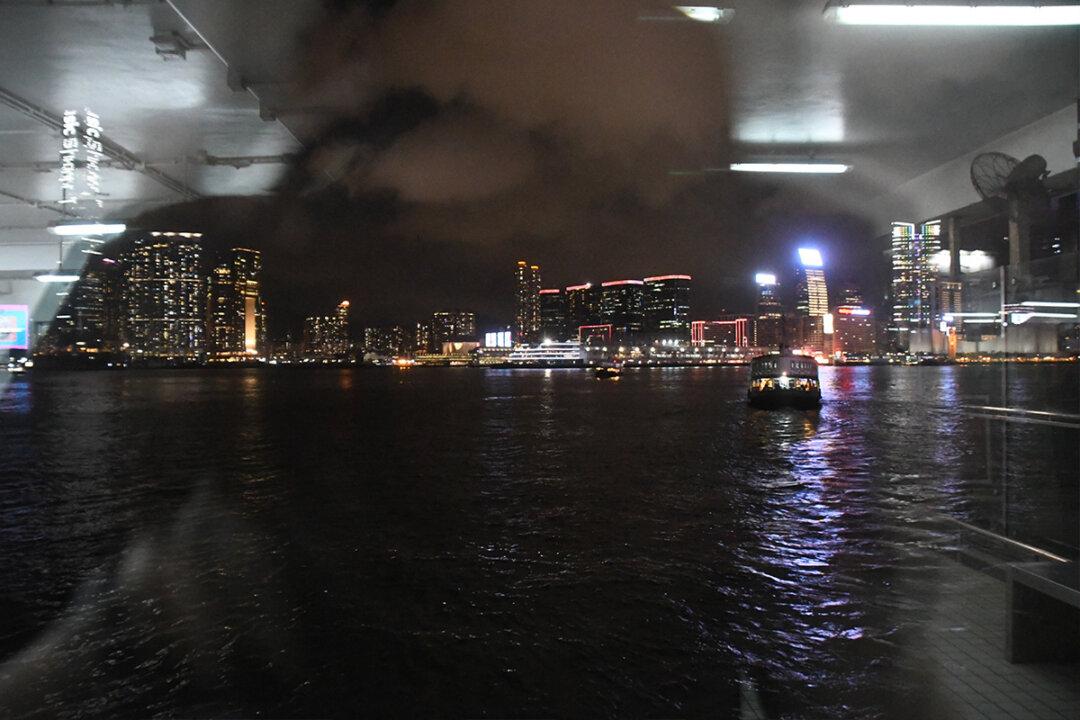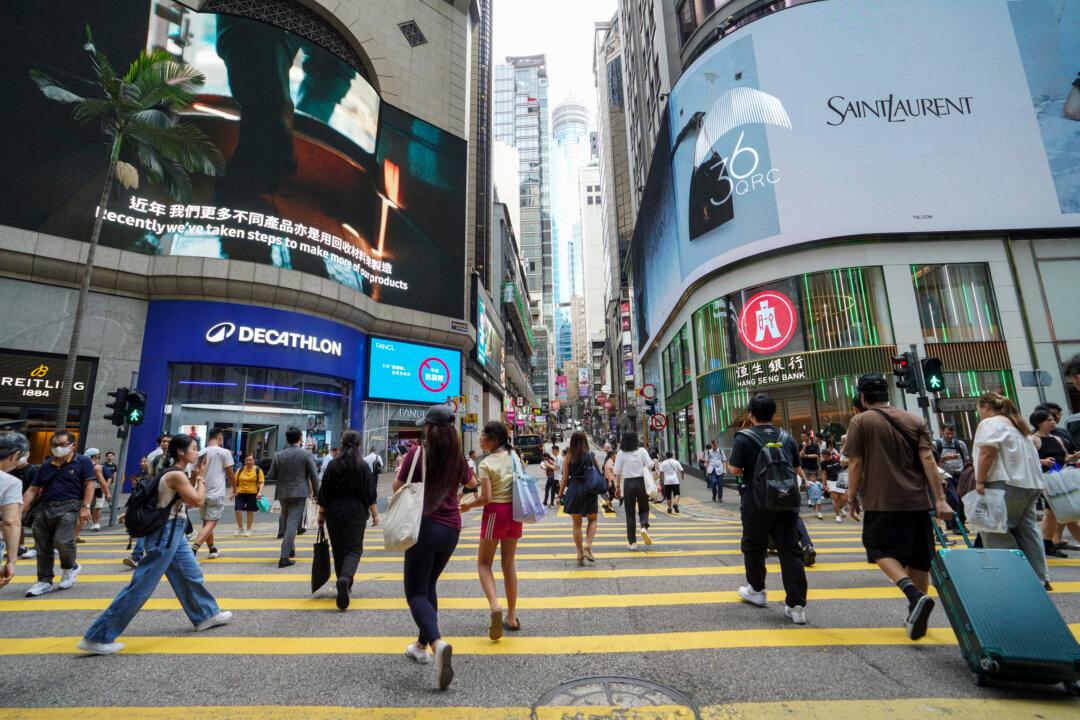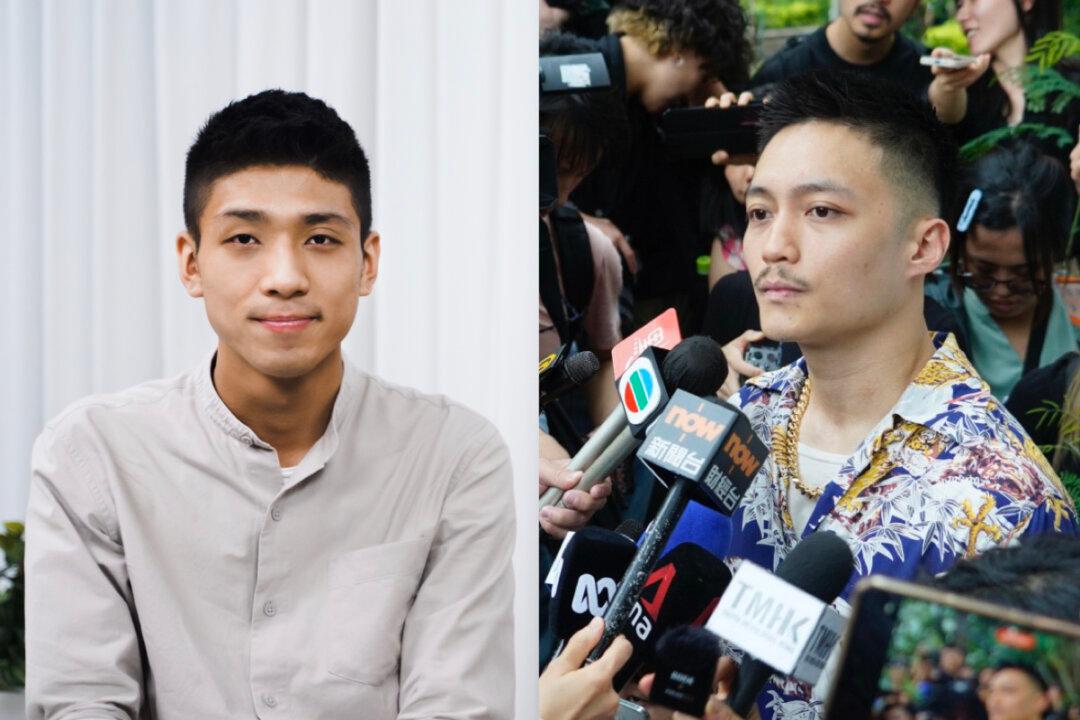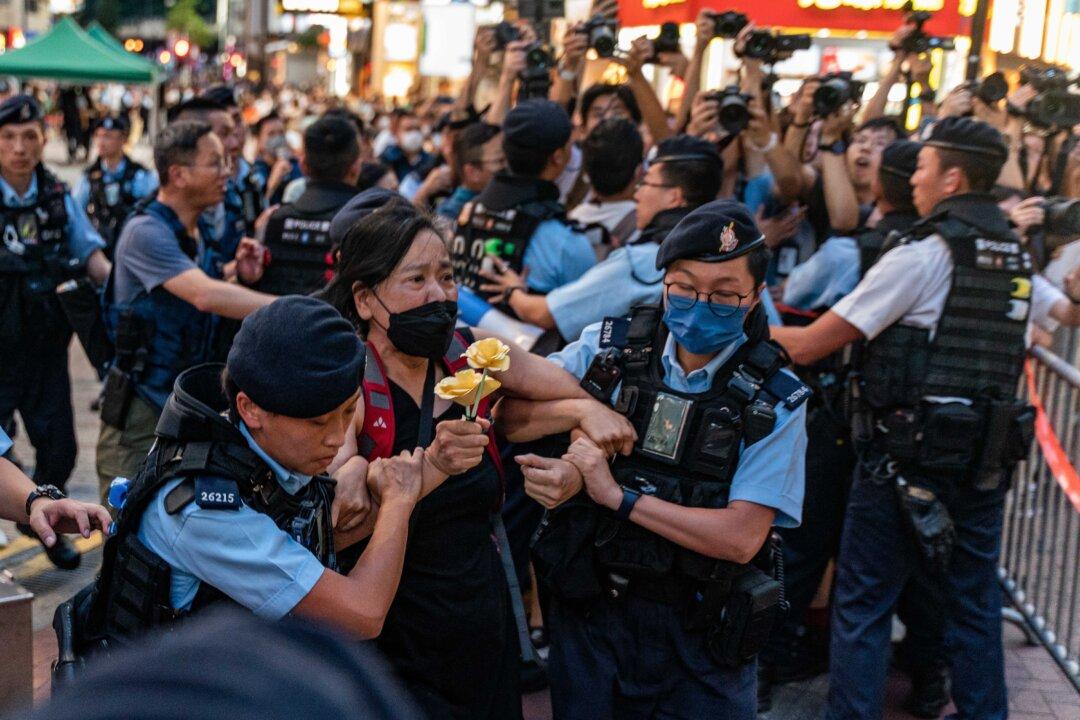The United Nations Human Rights Council is to review the human rights situation in China, including Hong Kong and Macau. The Hong Kong Center for Human Rights released the “Hong Kong Human Rights Report 2023” on Jan. 23. The report revealed that as of 2023, the human rights situation in Hong Kong further deteriorated due to the “Hong Kong National Security Law (NSL),” and the retrogression of the electoral system. However, it is believed that many Hong Kong people are still resisting authoritarianism. The center calls on the international community to continue to pay attention to the human rights violations committed by the Chinese Communist Party (CCP) and the Hong Kong government and to provide support and protection to Hong Kong people.
The “Hong Kong Human Rights Report 2023” highlighted that at least 48 people were arrested in 2023 on suspicion of violating the NSL or incitement. Four civil organizations were forced to disband due to their political stance or under threats from the NSL.




